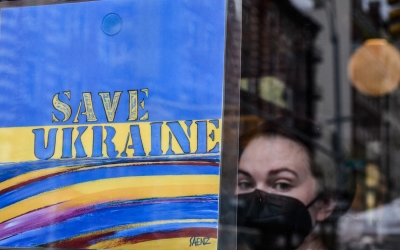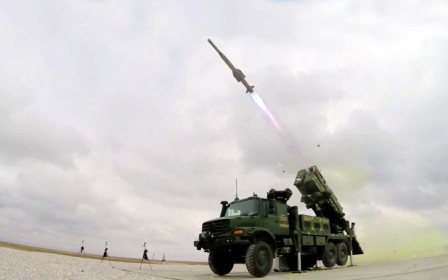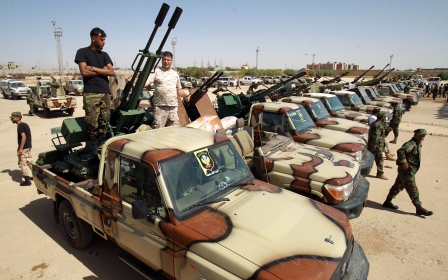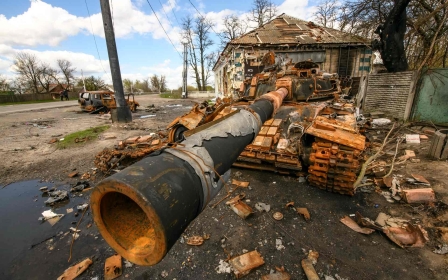Russia says Israel supporting 'neo-Nazi regime' in Ukraine
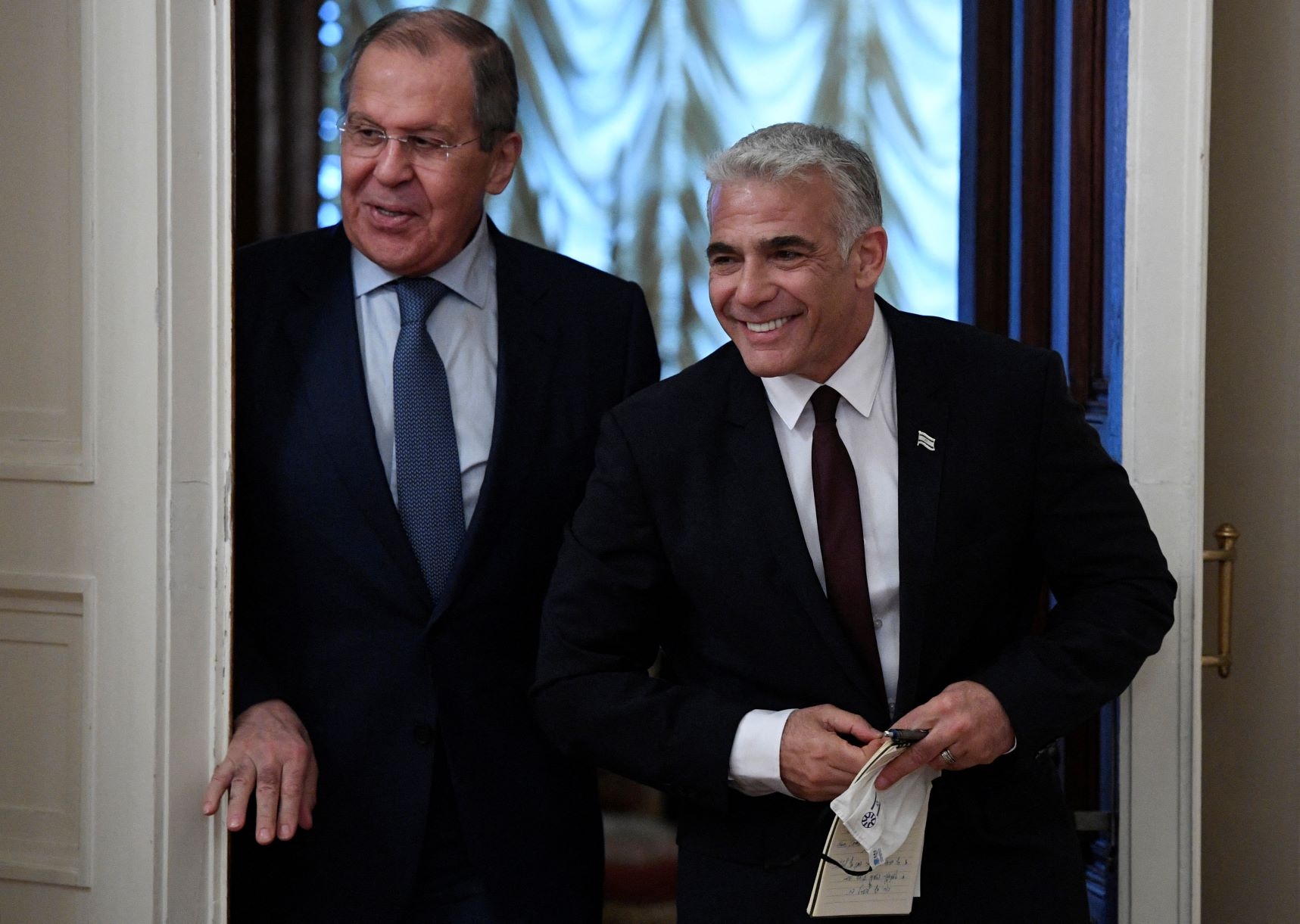
Russian Foreign Minister Sergei Lavrov has doubled down on comments comparing Ukrainian Prime Minister Volodymyr Zelensky to Hitler, accusing Israel of supporting a "neo-Nazi" regime in Ukraine.
Israel reacted furiously to initial comments made by Lavrov in which he said both Zelensky and Hitler had "Jewish blood" and that Zelensky's Jewish heritage did not prevent him leading a Nazi government.
Israeli Foreign Minister Yair Lapid described Lavrov's comments as "an unforgivable and outrageous statement as well as a terrible historical error".
On Tuesday, Lavrov hit back at Lapid and went further.
In a statement released by the Russian foreign ministry, he attacked Lapid's statement as "anti-historical" and "explaining to a large extent why the current Israeli government supports the neo-Nazi regime in Kyiv".
"Antisemitism in everyday life and in politics is not stopped and is on the contrary nurtured [in Ukraine]," said the ministry.
Although Israel - a longtime an ally of both Russia and Ukraine - has attempted to maintain a degree of neutrality since Russia's invasion in February, Lavrov's comments have provoked a furious response.
Israeli Health Minister Nitzan Horowitz reacted to the Russian foreign ministry's statement shortly after its release, saying, "There is no neo-Nazi regime in Ukraine. Zelenskyy is not a Nazi."
The conspiracy theory that Hitler had Jewish heritage dates back to before the Second World War and stems from the fact that his paternal grandfather is unknown.
However, there is no evidence to support the theory that Hitler, who was responsible for the massacre of six million Jews in the Holocaust, was of Jewish descent.
Moscow has called its invasion of Ukraine an operation to "de-militarise" and "de-Nazify" Ukraine.
Russia has suffered significant military setbacks in Ukraine. Last week, British Defence Secretary Ben Wallace said that about 15,000 Russian troops have died since the 24 February Russian invasion.
With its forces unable to capture the capital city of Kyiv, Moscow has turned its attention to a new offensive in the east and south of the country.
Middle East Eye propose une couverture et une analyse indépendantes et incomparables du Moyen-Orient, de l’Afrique du Nord et d’autres régions du monde. Pour en savoir plus sur la reprise de ce contenu et les frais qui s’appliquent, veuillez remplir ce formulaire [en anglais]. Pour en savoir plus sur MEE, cliquez ici [en anglais].


